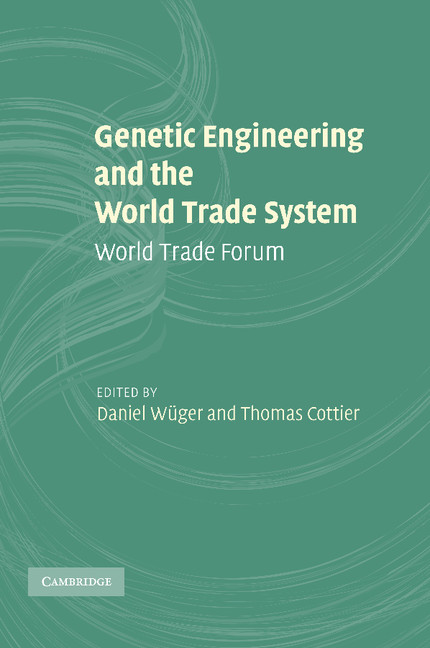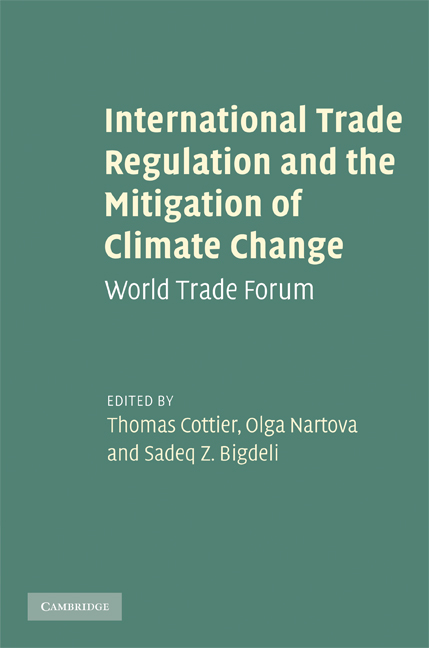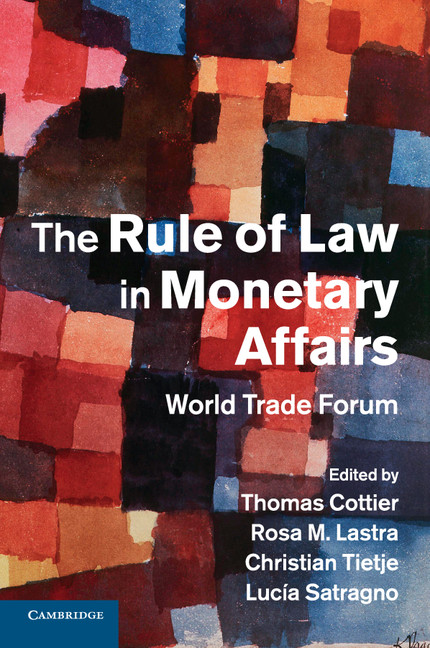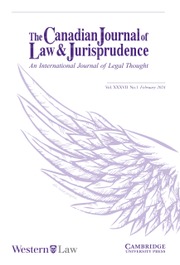Genetic Engineering and the World Trade System
While the WTO agreements do not regulate the use of biotechnology per se, their rules can have a profound impact on the use of the technology for both commercial and non-commercial purposes. This book seeks to identify the challenges to international trade regulation that arise from biotechnology. The contributions examine whether existing international obligations of WTO Members are appropriate to deal with the issues arising for the use of biotechnology and whether there is a need for new international legal instruments, including a potential WTO Agreement on Biotechnology. They combine various perspectives on and topics relating to genetic engineering and trade, including human rights and gender; intellectual property rights; traditional knowledge and access and benefit sharing; food security, trade and agricultural production and food safety; and medical research, cloning and international trade.
- A draft of each chapter was presented at the World Trade Forum in 2005 and revised and updated according to subsequent discussion
- Written by experts from a range of fields, leading to an interdisciplinary perspective on the subject
- Includes proposals for possible future WTO Agreements
Reviews & endorsements
'… it is a fascinating read that delves deeply into the extremely complex and contentious issues surrounding how the transformative technology of genetic engineering is to be treated in domestic and international law. … Daniel Wüger and Thomas Cottier have assembled an impressive team of legal authors from academia, international organizations, and governments. Their knowledge is impressive and extensive. … I think this book should be read by anyone that has a serious interest in international issues surrounding biotechnology. … The issues are examined at considerable depth and complex arguments are presented.' William A. Kerr, University of Saskatchewan, Canada
'… the volume continuously presents very well drafted, knowledgeable and illuminative contributions. Anyone interested in world trade law and its bearing on modern biotechnology regulation will highly profit from reading the articles, which are still largely state of the art.' European Yearbook of International Economic Law
Product details
January 2013Paperback
9781107412835
368 pages
229 × 152 × 19 mm
0.49kg
Available
Table of Contents
- Part I. Introduction and Systemic Issues:
- 1. Introduction Daniel Wüger
- 2. Genetic engineering, trade and human rights Thomas Cottier
- 3. Gender dimensions of biotechnology policy and trade Constance Z. Wagner
- Part II. Intellectual Property and Gene Technology - Issues at Stake and Possible Options:
- 4. Biotechnology and patents: global standards, European approaches and national accents Geertrui Van Overwalle
- 5. Intellectual property rights, biotechnology and development Emmanuel Opoku Awuku
- 6. Traditional knowledge, biogenetic resources, genetic engineering and intellectual property rights Federico Lenzerini
- Part III. Food Security, Trade and Agricultural Production with Genetically Modified Organisms:
- 7. Biotechnology in the energy sector: some trade and development Simonetta Zarrilli
- 8. Coexistence and liability: implications for international trade drawn from the Swiss example Anne Petitpierre-Sauvain
- 9. Food security and agricultural production with genetically modified organisms: a comment Michael Hahn
- Part IV. Food Safety, International Trade and Biotechnology:
- 10. Trade, environment and biotechnology: on coexistence and coherence Laurence Boisson de Chazournes and Makane Moise Mbenge
- 11. Risk regulation, precaution and trade Franz Xaver Perrez
- Part V. Medical Research, Cloning and International Trade:
- 12. Genetic engineering, free trade and human rights: global standards and local ethics Roger Brownsword
- 13. The regulation of human genetics by international soft law and international trade Souheil El-Zein.









